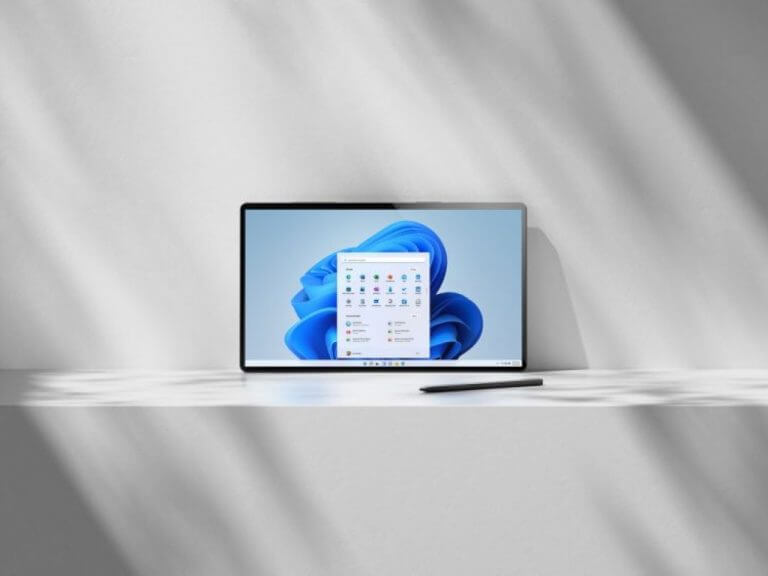There’s been a lot of confusion around the minimum hardware requirements for installing Windows 11 this week, and Microsoft has now taken another step to clarify things. The company has now updated its support page detailing the minimum hardware requirements for Windows 11 and removed the previous details about the “soft” floor that suggested that CPU generation and TPM 2.0 chips wouldn’t be blocking factors.
In the updated version of the support page, a TPM chip version 2.0 is now required for installing Windows 10. This contradicts what David Weston, Director of OS security at Microsoft suggested on Twitter yesterday when he said that a TPM 1.2 chip was the “hard requirement.” The same David Weston said yesterday that a blog post clarifying the floor situation was coming, but it apparently won’t be published until next week.
1.2 is the hard requirement, we warn if you have it (e.g. due to SHA1) but install.
— David Weston (DWIZZZLE) (@dwizzzleMSFT) June 25, 2021
In the meantime, Steve Dispensa, VP of Product, Enterprise Mobility & Security at Microsoft emphasized on Twitter that Windows 11 will only run on PCs that have a supported Intel, AMD, or Qualcomm CPU, which should all have a TPM 2.0 chips. The exec added that “the list will evolve over time,” and that would really make sense. As of today, Microsoft is still selling Surface devices like the Surface Studio 2 which is not eligible for the Windows 11 upgrade due to its Intel 7th gen Core processor.
As some early enthusiasts have been pointing out on Twitter, a lot of older CPUs do have a TPM 2.0 chip, and it’s not immediately clear why a high-end 7th gen Core i7 chip wouldn’t run Windows 11 better than an 8th gen Intel CPU, or even the low-end Atom, Celeron, or Pentium that are in Microsoft’s list of supported Intel processors.
Seems like you are assuming there is a specific security feature that defines 8th gen as the CPU floor. The floor is set for a range of quality, performance, support, and reliability reasons to ensure a great experience.
— David Weston (DWIZZZLE) (@dwizzzleMSFT) June 25, 2021
Between confusing hardware requirements for Windows 11, a half-baked PC Health Check app, and a bunch of Microsoft execs speaking disharmoniously on Twitter, Microsoft is so far failing pretty hard at getting early enthusiasts to excited about Windows 11. There’s still a lot of FUD about all the PCs (including recent and expensive Surface devices from Microsoft) that could be left behind, and it’s really not a good look when Apple will allow Macs from 2013 to upgrade to macOS Monterey later this fall.
it's wild that macOS Monterey will support Mac Pro models from 2013 and Mac mini models from fall 2014, but Windows 11 is killing support for plenty of devices that were launched less than 4 years ago
— Tom Warren (@tomwarren) June 26, 2021
We hope that Microsoft will clarify things once again next week, but after an exciting Windows 11 reveal on Thursday it’s really unfortunate to see the company struggling to explain why recent PCs won’t be able to upgrade to Windows 11 for free later this year. The confusion around TPMs is apparently so bad that some people have now started to scalp these chips.


